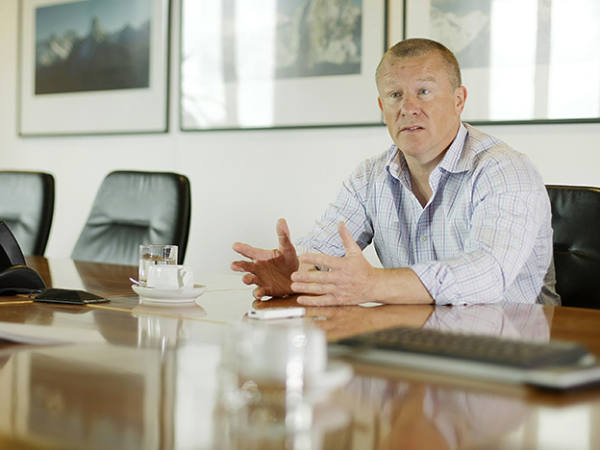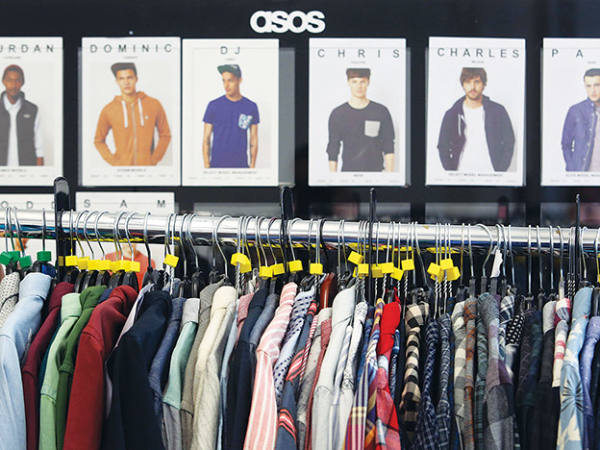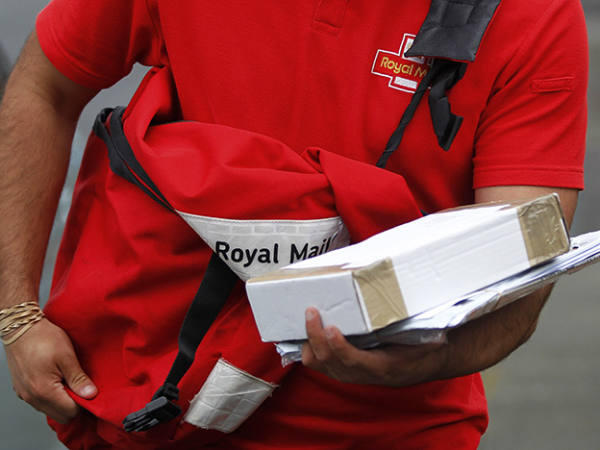"The best way to make money is to not lose money," says Gabrielle Boyle, manager of the Trojan Global Equity Fund (GB00B0ZJ5S47), echoing Warren Buffett's famous rule number one: never lose money. Like her colleagues at Troy Asset Management, she focuses on absolute returns and liberation from benchmarks. And, like Mr Buffett, she is concentrating on buying great companies with strong brands and distribution. "We don't own cyclical businesses or companies that are dependent on one or two products," she says.
Ms Boyle has been at Troy for three years (she was formerly with Lazard) and admits to being "too slow in getting the fund into the shape it is today". "I was too tentative about making changes and didn't have enough dollar exposure," she says.
However, she is now happy with the fund's portfolio of 31 holdings and is ready to focus on low turnover of less than 20 per cent for the fund. "Buying and selling is easy to get wrong and a tax on investors," she says. "Our companies are very diversified global businesses and consistent revenue generators. We want to invest in companies with high returns on capital. They are usually companies that have been around for a very long time. They may have intellectual property that is difficult to replicate and a strong network behind them."
Gabrielle Boyle CV Gabrielle Boyle joined Troy in November 2011 from NewSmith Capital Partners where she was a partner responsible for global equity portfolios. Previously she was a senior managing director at Lazard Asset Management where she worked for 17 years, including managing the Lazard European Alpha fund between 1998 and 2008. She graduated from University College Dublin in 1990. |
One of her favourite companies is Colgate-Palmolive (US:CL), which has returned 15 per cent every year since she started investing in it in 1990. "Investing in companies that sell things that we buy everyday is all about the compounding," she says. "You could have done this with Nestlé (CH:NESN) and Microsoft (US:MSFT) too."
The key to success in an absolute-return investment mandate, she believes, is to hold companies that will be okay whatever goes on in the markets.
"If Greece implodes, we will still be buying Nestlé chocolate and we will still need healthcare," she says. "These businesses will prevail even if the economy isn't growing."
Healthcare is a key sector for the portfolio. "It's been a really interesting area over the past five years," she says. "There was a long period where companies did poorly and in 2011-12 there were low valuations. But spend on healthcare is only going one way."
Swiss pharmaceuticals companies Novartis (CH:NOVN) and Roche (CH:ROG) are two large positions in the portfolio. "They have interesting products coming through," she says. "They tend to have very long patent life and both have done a lot to improve profitability."
In complete contrast to healthcare, one of the more interesting companies that she has added to the portfolio over the past year is Japan Tobacco (JP:2914). "From a profit point of view, it's a fabulous industry," she says. "Japan Tobacco is a very good business with exposure to the Russian tobacco market. There is a very big pricing differential across the world. Japan and Russia have lower prices than others. Every time governments put taxes up, tobacco companies put their prices up and take a little bit as well. Russia has been putting up prices on tobacco and there have been quite big price increases in Japan, too."
Another key sector for the portfolio is business software. In 2013 she bought Fiserv (US:FISV) for the portfolio. "It's a fabulous investment," she says. "The company sells intellectual property that goes into banking, for example solutions for contactless payments and online banking. There are thousands of financial institutions in the US. Lots of banks outsource their IT needs and processing to a company like Fiserv. It's a high-margin and capital-light business with long contracts and 80 per cent recurring revenues."
She also holds Intuit (US:INTU), which produces accounting and personal finance software Turbotax and QuickBooks. "It dominates the US market for tax return software," she says.
"The US is a fascinating place to invest. It has a wonderful breadth of companies and an embedded equity culture. It is very simplistic to say the US is expensive."
Her top tip for investors? "Try to meet managements," she says. "It's an important part of the puzzle as it's a human business. With some managers you feel you get emotionally involved. Ian Cook has run Colgate for eight years. He is an English guy and very understated, modest and straight talking. He is able to speak incredibly fluently about minutiae and the big picture."
If you can't meet with management then she advises you watch them on video on the company website. "If you listen to them present, it gives you extra insight and is a very helpful part of the judgment call. It can be a red flag too."










